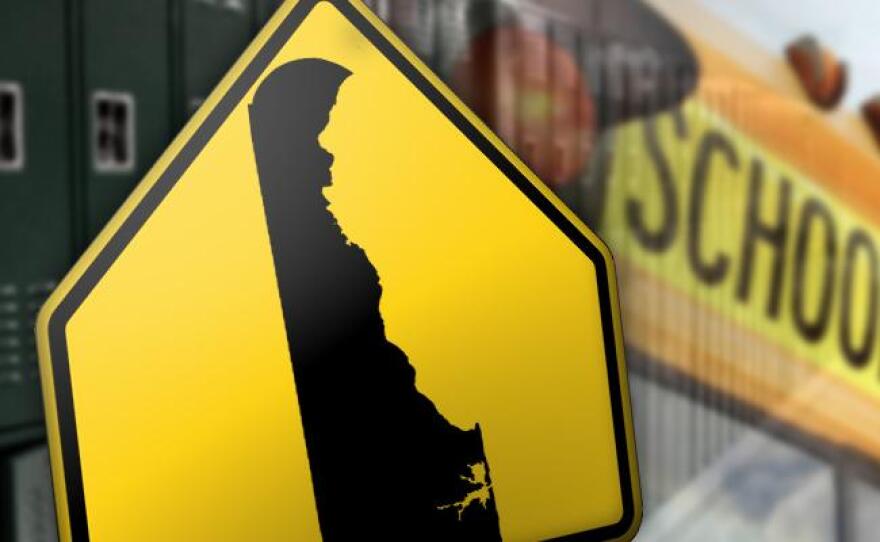The state Senate’s Executive Committee considered a bill Wednesday that aims to address Delaware’s teacher shortage by focusing on how the state pays educators.
Delaware ranks far behind its neighbors in educator compensation, driving many teachers to leave the state in search of better-paying jobs in Maryland, New Jersey and Pennsylvania.
Since 2008, the state has lost 20% of its education staffing, leaving 635 vacant positions in Delaware public schools and fueling an increase in class sizes and teacher burnout.
State Sen. Bryan Townsend’s (D-Newark) bill would create a 13-member board to evaluate how Delaware compensates educators and propose ways for Delaware to compete with neighboring states to hire and retain teachers.
Senate Education Committee chair Laura Sturgeon (D-Hockessin) , a co-sponsor of the bill and a former public-school teacher, said on Wednesday that one of the proposed board's key tasks would be finding a way to compensate educators for out-of-classroom work, including keeping up with mandatory certifications and acting as a case worker for students with behavioral challenges.
“The idea behind this commission is that we will look at all the teachers who have additional responsibilities," she said. "A teacher who is teaching a full load and has a case load on top of that… [they] should probably be paid more.”
Neighboring states compensate teachers for that additional work, either through stipends or by increasing teachers' base pay to reflect additional responsibilities. Delaware offers teachers in high-needs schools up to $10,000 to repay student loan debts, but unlike years prior, the state did not increase appropriations for that program last year.
Kristin Dwyer, the Director of Legislation and Political Organizing for the Delaware State Education Association, says unfair compensation is a core driver of Delaware’s educator shortage, but not the only reason.
“Compensation is one very important spoke in a wheel of things," she said. "What we often hear from our educators and also through polling is that it’s compensation, working conditions, and building leadership. While we want to be able to address everything all at once, we are picking things apart as we go.”
Dwyer added that improving working conditions could take many forms.
“Better working conditions means smaller class size," she said, as well as "time to work individually with students and complete all the mandated paperwork they need to complete to maintain their positions, help supporting students with behavioral problems, and school buildings that aren’t falling apart.”
The Senate will consider a bill that would set statewide standards for school building safety later this month.
However, Dwyer noted that responsibility for improving working conditions in schools lays not only in the hands of the state legislature, but also in the hands of local elected officials — namely school boards.
"If you’re a school board member, you’re not a volunteer – you’re an elected official," she said. "You have constituencies, and one of your constituencies are the employees that work for you." Delaware's school board elections take place on May 10.
The bill was released from committee with no opposition.



